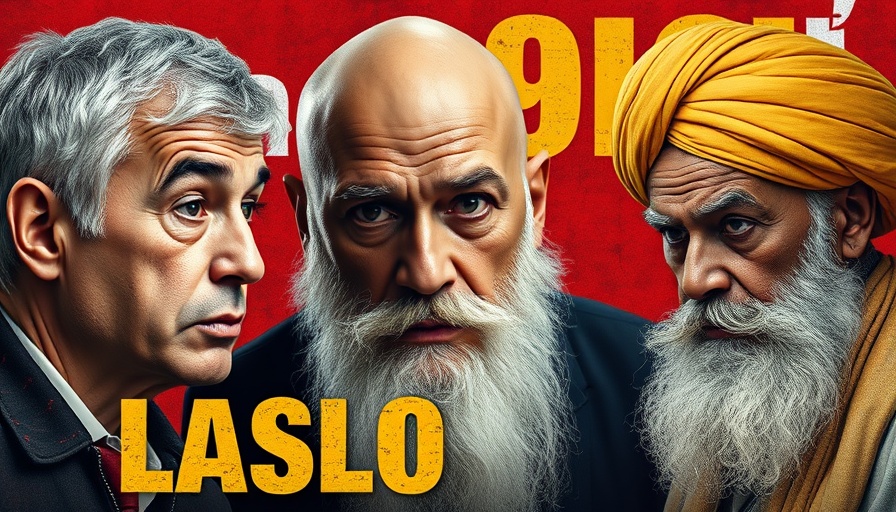
The Historical Value of Non-Christian Testimonies
In the quest to understand the impact of Jesus beyond the Christian tradition, scholars often turn to non-Christian testimonies for insight. One of the most significant of these is the account by Flavius Josephus, a Jewish historian from the first century. His mention of Jesus serves not only as an external validation of Jesus’ historical existence but also bridges the gap between Christian faith and historical accounts.
In 'Breaking: The Earliest Non-Christian Testimony to Jesus Is Authentic (Josephus),' we delve into how this important figure sheds light on the historical Jesus and its broader implications for faith and scholarship.
Understanding Josephus’ Testimony
Josephus writes about Jesus in "Antiquities of the Jews," where he refers to Jesus as a wise man and doer of wonderful works. For believers, this acknowledgment by a non-Christian provides an essential layer of historical truth that enhances their faith. For skeptics, it poses intriguing questions about the historical Jesus and how secular sources interpreted his influence. In a world often swayed by popular opinion and subjective experiences, the words of Josephus serve as an anchor pointing towards a historical figure who left a lasting impact on humanity.
The Importance for Believers and Seekers
Understanding the existence of non-Christian sources like Josephus is vital for believers fortifying their faith and seekers exploring the claims of Christianity. For college students grappling with faith in the modern context, the historical authenticity of Jesus as depicted by Josephus can serve as a valuable resource, bridging the academic inquiry with spiritual exploration.
How Skeptics and Intellectuals Can Engage
For skeptics and cultural critics, engaging with Josephus’ accounts presents an opportunity to explore faith-based claims unguardedly. It encourages critical thinking about the origins of religious belief and invites dialogue surrounding historical interpretations. Discussion led by intellectuals can enrich our collective understanding, moving beyond mere criticism to hopeful inquiry.
Relevance to Modern Beliefs and Practices
The conversation surrounding non-Christian testimonies, while rooted in ancient narratives, has profound implications for modern believers. It helps contextualize the role of faith in a world increasingly driven by empirical evidence. As parents and educators, it becomes essential to discuss these narratives with youth, aiding them in developing a robust understanding of their faith and its historical roots.
Actionable Insights for Engagement
For those in ministry or church leadership, taking the insights from Josephus and integrating them into teaching can offer congregations a richer historical perspective on their beliefs. Encouraging discussions and fostering inquiry within fellowship can create a vibrant community that respects both faith and reason.
As the exploration of Josephus’ accounts continues, believers and seekers alike are invited to ponder the implications of this evidence. In our quest for truth, let us harness the resources at our disposal and engage in meaningful discussions that bridge our historical understanding with personal faith.
 Add Row
Add Row  Add
Add 








Write A Comment